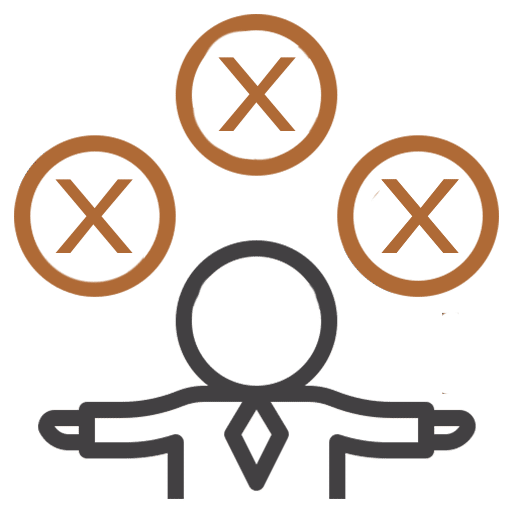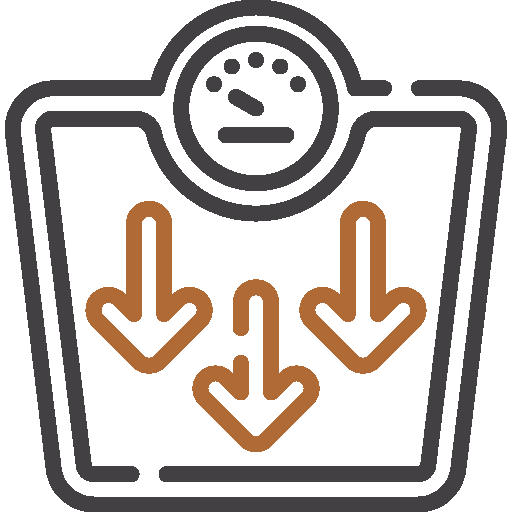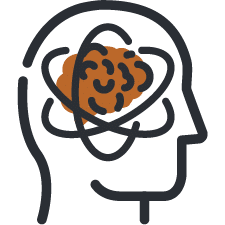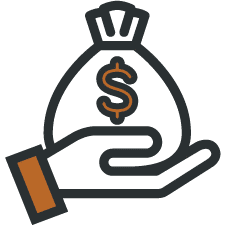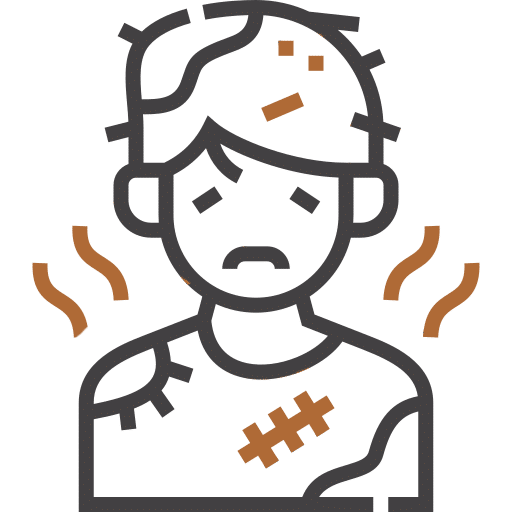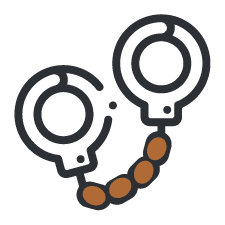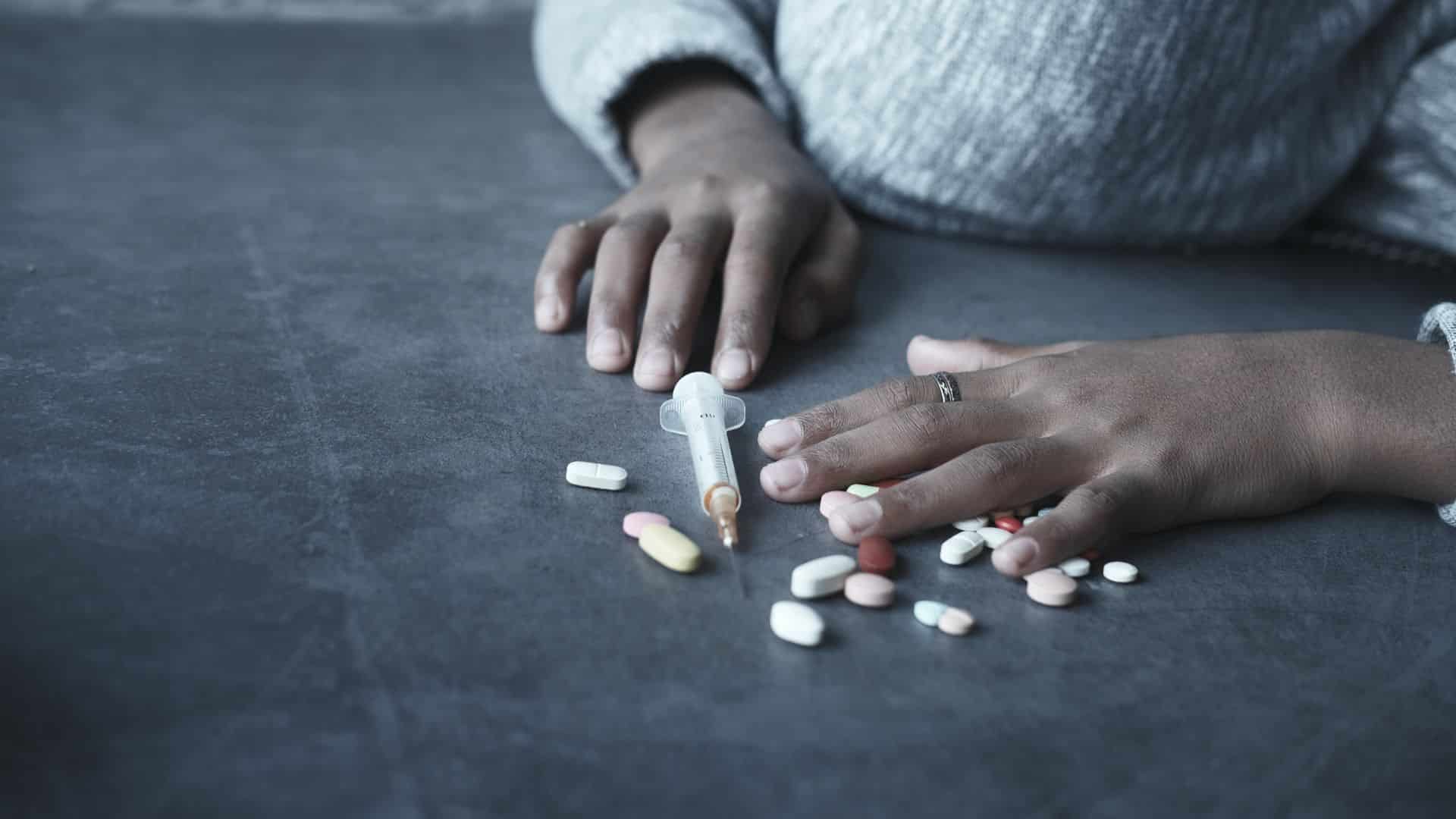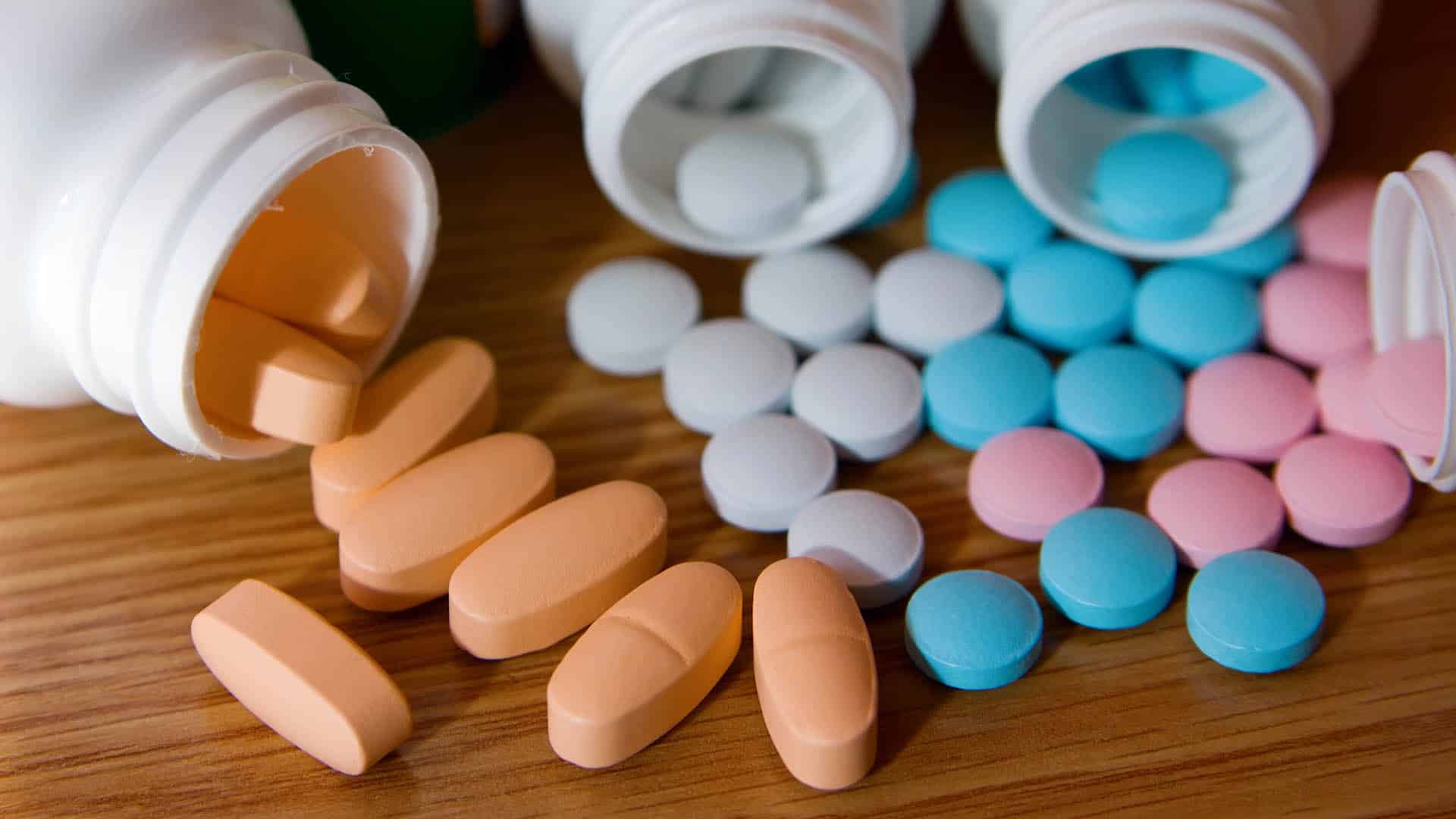Drug addiction is a serious issue that affects millions of people in the United States. Recognizing the warning signs early can make a significant difference in the life of someone struggling with addiction. This article will help you identify the signs and symptoms of drug addiction, understand the risk factors, and learn how to offer support to someone in need.




